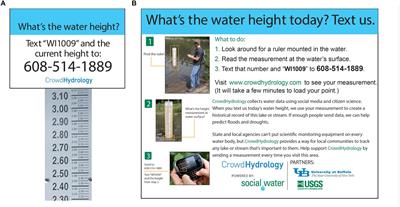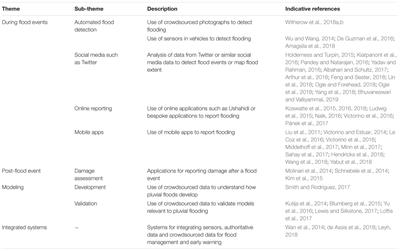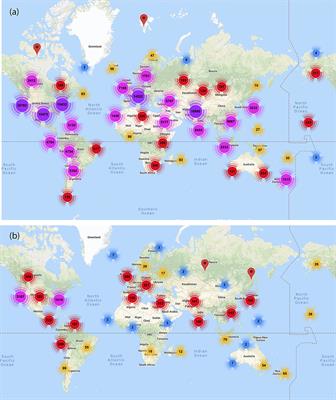EDITORIAL
Published on 04 Dec 2019
Editorial: Citizen Science: Reducing Risk and Building Resilience to Natural Hazards
doi 10.3389/feart.2019.00320
- 2,247 views
- 6 citations
23k
Total downloads
163k
Total views and downloads
EDITORIAL
Published on 04 Dec 2019
ORIGINAL RESEARCH
Published on 07 Nov 2019

ORIGINAL RESEARCH
Published on 18 Sep 2019

ORIGINAL RESEARCH
Published on 12 Jun 2019

ORIGINAL RESEARCH
Published on 28 May 2019

METHODS
Published on 17 Apr 2019

METHODS
Published on 12 Apr 2019

ORIGINAL RESEARCH
Published on 19 Mar 2019

MINI REVIEW
Published on 07 Mar 2019

ORIGINAL RESEARCH
Published on 22 Feb 2019

ORIGINAL RESEARCH
Published on 19 Dec 2018

REVIEW
Published on 06 Nov 2018

